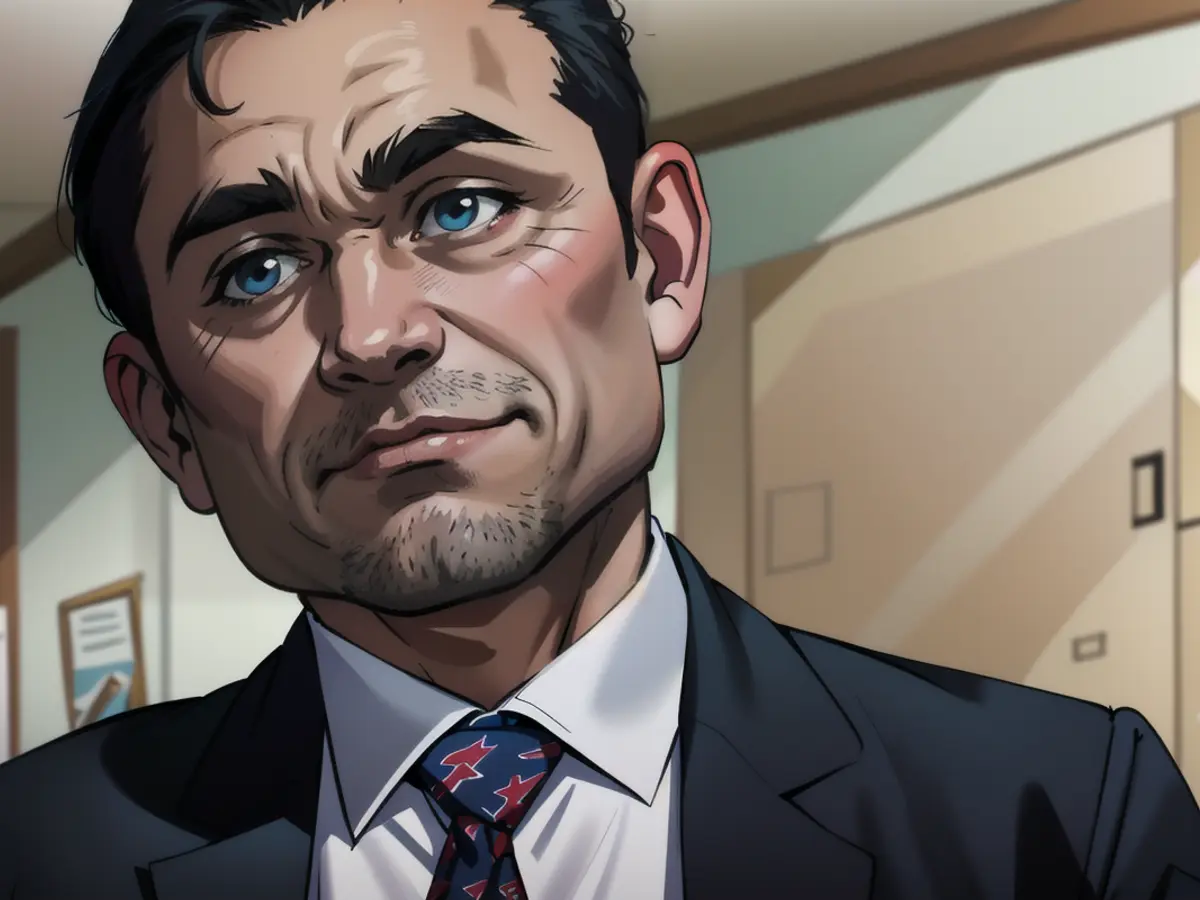Thailand accuses ex-prime minister Thaksin Shinawatra of royal defamation.
There's been a criminal case against Thaksin, ex-PM in Thailand, for allegedly insulting their royal family in a 2015 interview with a South Korean newspaper. He was indicted on all charges, as the attorney general's spokesperson confirmed on Wednesday. Thaksin has, however, denied all these charges and remained loyal to the monarchy.
Thaksin, who was PM from 2001 to 2006 and later in self-imposed exile, reappeared in his country last year and was arrested. Some experts speculate that he made a deal with the powerful conservative and royalist establishment for his return. But Thaksin refutes these claims. He's served prison time for corruption before but was recently released after serving six months in a police hospital.
Thailand has extremely strict laws against royal defamation. Criticizing a family member of the royal family could lead to a 15-year sentence for each offense, and sentences under Section 112 of Thailand's Criminal Code can be as long as decades. Several people have been prosecuted recently.
This month, a young Thai activist's death in pre-trial detention for royal defamation drew widespread attention and calls for justice.
The Shinawatra clan, including Thaksin, has been a key player in Thai politics for the last two decades. Pheu Thai, Thaksin's party, is in power after forming a coalition with their former rivals. Paetongtarn, Thaksin's daughter, currently leads the party.
Thaksin's return to Thailand reintroduced a prominent polarizing figure in a politically tense situation. He's been giving public appearances, even visiting his native city, Chiang Mai, since his release from detention. His popularity with the commoners during his rule was immense, while conservatives and elites viewed him as a corrupt populist.
Thaksin maintains he's not orchestrating events behind the scenes and his return is just to enjoy his retirement and spend time with family. However, human rights organisations and free-speech advocates have long accused the government of using lese majeste to silence dissenters, especially after 2020's youth-led protests calling for constitutional and democratic reforms. The king ascended the throne in 2016, four years after his father's death.
Even after a change in government, threats, and surveillance against activists and students haven't subsided, says human rights group, Thai Lawyers for Human Rights. Since youth protests began in July 2020, at least 1954 people got prosecuted or charged for their participation or statements during these assemblies. Some were juveniles. Criticisms of the monarchy, now allowed, have been gaining prominence.
A drive to amend the lese majeste laws gained ground ahead of the 2023 elections, where the progressive Move Forward Party won the most votes. But they weren't able to form a government, and the Constitutional Court eventually blocked it from pursuing this reform.
Image: Thaksin Shinawatra, former Thai prime minister - Wikipedia
Exile Return
The return of Thaksin, a contentious figure in Thailand, after years of absence has brought him back into the tricky Thai political landscape.
Since coming out of detention, Thaksin has made several public appearances, including visiting his hometown of Chiang Mai - where his support base is concentrated.
Thaksin's time as PM was popular with Thailand's rural and working class, but unpopular with rich elites and conservatives who viewed him as a risky and corrupt populist.
Despite being absent from the country for all those years, Thaksin exhibited considerable influence on Thai politics and remained the country's central political force for years.
Thaksin denies causing any trouble behind the scenes and insists he returned to Thailand for a peaceful retirement and time spent with family.
This practice, dubbed lese majeste, has concerned human rights experts for many years, with critics calling it a tool used to silence those who question the Thai government.
The turmoil over limiting royal defamation became more prominent since July 2020's youth-led protests where many demanded democratic and constitutional reforms.
These protests came after the new king assumed the throne in 2016 following his father's death. Although the government changed, surveillance efforts against activists and students persisted.
According to Thai Lawyers for Human Rights, over 1,954 people have been charged or prosecuted between 2020 and 2024 for political union or addressing government issues, and 286 of those charged were children.
In 2023, the Move Forward Party won the most votes in the elections. But they weren't able to establish a government because of their reform agenda. Recently, the Constitutional Court also disallowed the party from altering lese majeste laws.
Read also:
- This will change in December
- Dikes withstand water masses so far - Scholz holds out the prospect of help
- Fireworks and parties ring in 2024 - turn of the year overshadowed by conflicts
- Attacks on ships in the Red Sea: shipping companies avoid important trade route
Thaksin's return to Thailand has sparked interest in the political scene not just in Thailand, but also in Asia, given his influence and the divisive nature of his political stance. Despite being away for years, Thaksin's impact on politics in Asia, particularly in Thailand, remains significant.
Source: edition.cnn.com







